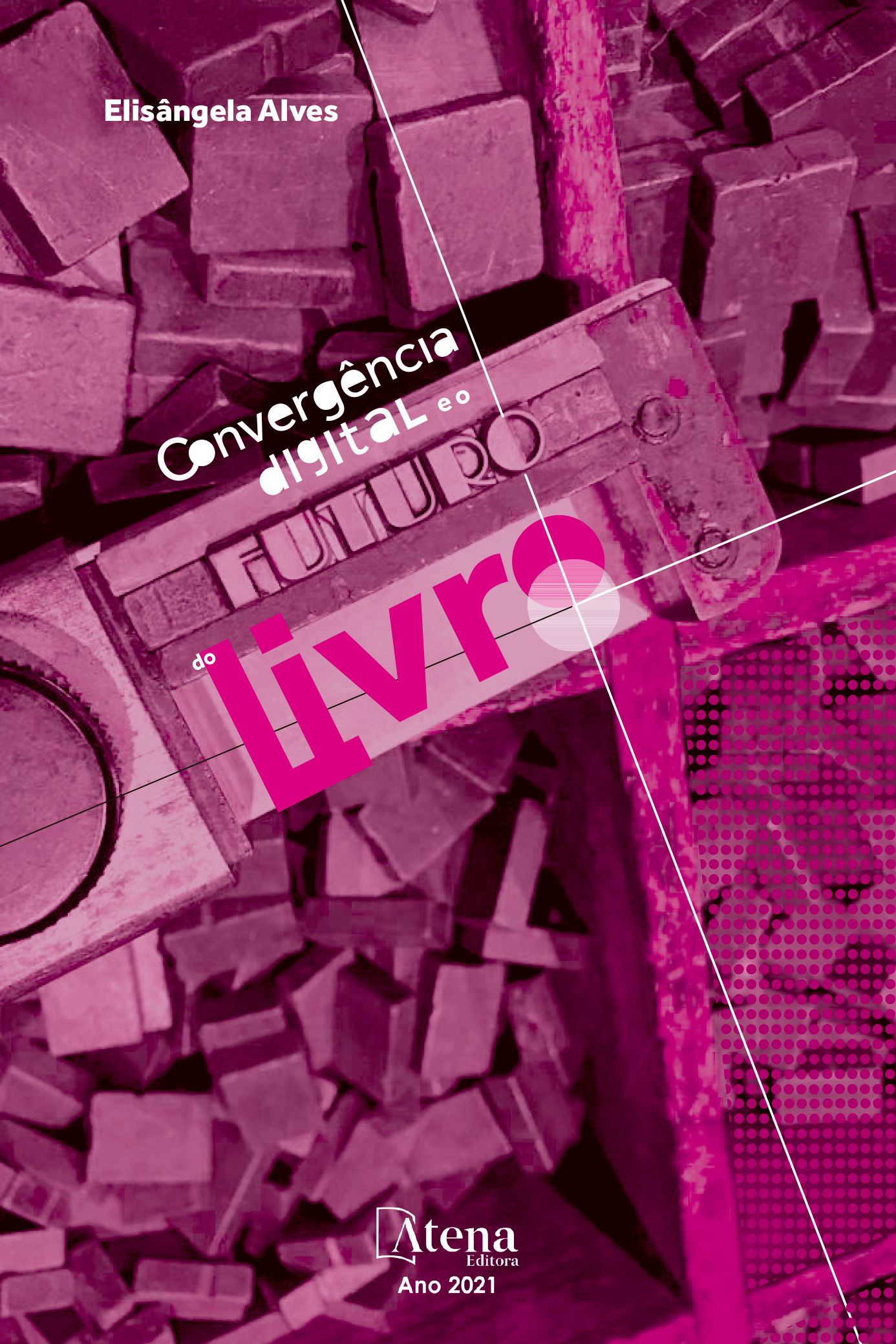
Convergencia digital e o futuro do livro
A convergência entre as novas tecnologias e a literatura se escreve no processo de evolução do conhecimento humano ao longo da história. O livro é o meio mais antigo para armazenar, recuperar e transmitir conhecimentos, a edição tradicional se baseia em uma cadeia que une: autores, editores, distribuidores, livreiros, bibliotecarios e leitores. Essa encadeação quase ancestral está sofrendo uma modificação radical com os novos meios de produção e geração de conteúdo digital.
Suas ferramentas geram novas formas de criar, difundir e consumir conteúdos, simultanea e conjuntamente, estimulando um novo tipo de edição, a edição 2.0. Um
estudo sobre o futuro do livro aponta necessariamente para um estudo da virtualidade e suas implicações, de modo que o livro possa ser repensado diante do processo de transformação, tecnologico e cultural gerado pelos fenômenos (redes sociais, blogs, wikis etc) dessa convergência. O objetivo dessa pesquisa não é estudar a literatura segundo os estudos midiáticos, mas nos apropriarmos dos termos e conceitos que constroem esse objeto e propor uma análise das interfaces entre os meios, avaliando em medida se dá essa remediação - tal como propôs Marshall MacLuhan e o fez Friedrich Kittler -, aportando um marco mais amplo para resolver as relações entre a arte, a estética e a tecnologia, buscando neste quadro teórico algumas contribuições
para essas questões.
Convergencia digital e o futuro do livro
-
DOI: 10.22533/at.ed.525213008
-
Palavras-chave: Livro, Leitura, Novas tecnologias da Comunicação, Hipermídia, Edição,
-
Keywords: Book; literacy; reading; writing; hypermedia; e-book; edition 2.0
-
Abstract:
The convergence between the new technologies and literature inscribes itself in the human knowledge evolution process throughout history. The book is the oldest support for storing, recovering and transmiting knowledge; the traditional edition is based on a chain that joins authors, publishers, deliverers, booksellers, librarians and readers. This almost ancestral bookbinding is coping with a radical change using new means of production and generation of digital content. Its tools generate new forms to create, to spread out and to consume contents, simultaneously and jointly, stimulating a new type of edition, the edition 2.0. A study on the future of the book necessarily points out to a study of virtuality and its implications, in way that the book can be rethink ahead of the transformation process, technological and cultural generated by the phenomena (social nets, blogs, wikis etc) of this convergence. The objective of this research is not to study literature according to media studies, but to appropriate of the terms and concepts that construct this object and to consider an interface analysis
between the media, evaluating in measure if of this remediation - as proposed by Marshall McLuhan and made by Friedrich Kittler -, settling a broader landmark to
decide the relations between art, aesthetic and technology, aiming to contribute for these issues in this theoretical frame. -
Número de páginas: 50
- Elisangela Alves


